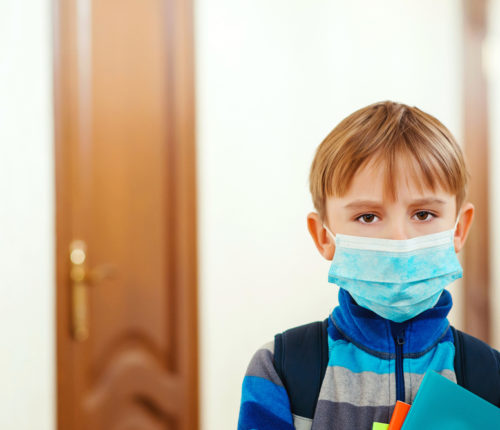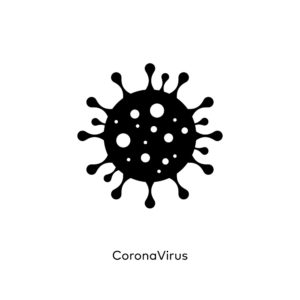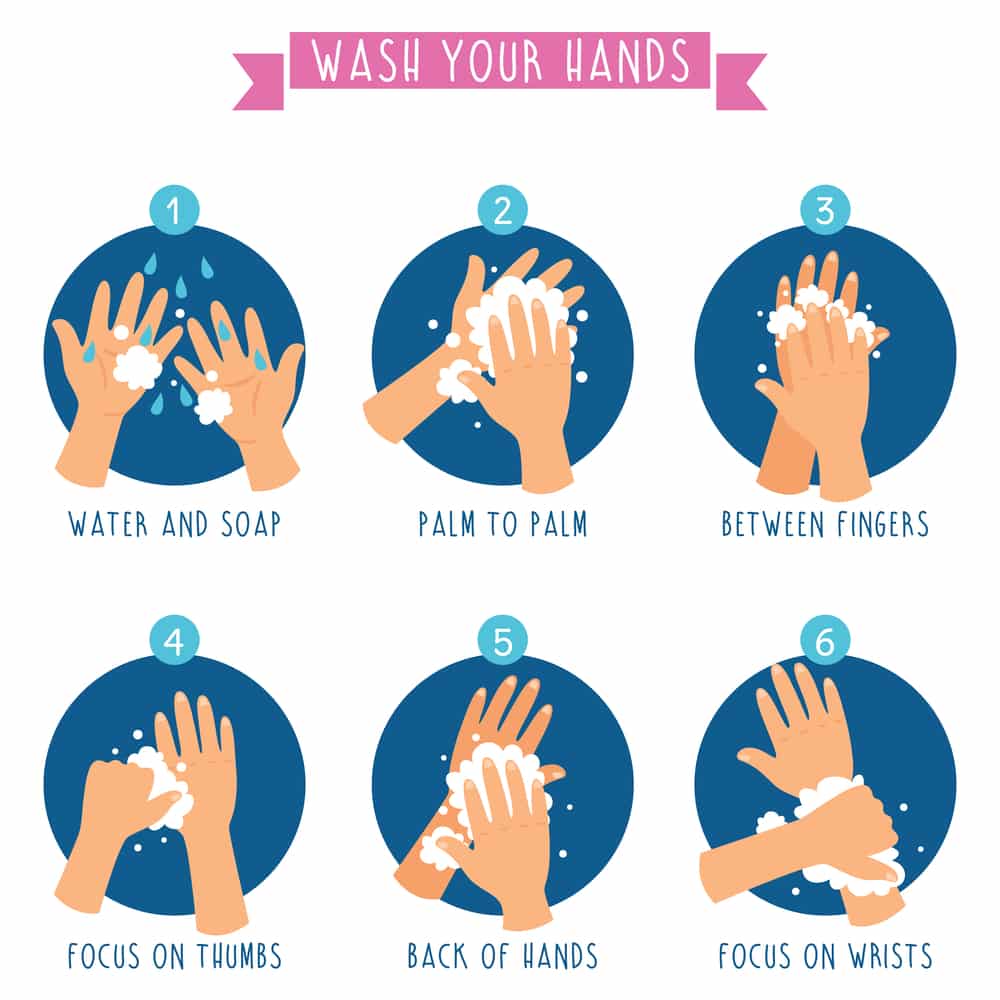
How To Explain the Coronavirus to Kids and Answer Their Questions
Millions of families’ lives are upside down right now thanks to the novel coronavirus COVID-19. With schools shut down, businesses closed and shelter in place orders preventing visits with friends and family, there is no question that kids are feeling the effects. If you are a parent, you may be unsure of how to talk to your kids about what is happening in our world right now. You may be unsure of how to help them understand what a virus and pandemic are, and why they can’t do the things they normally would.
At Birth Injury Guide, we understand what you are going through. As parents, this uncertain time is challenging in many ways. But we want you to know that we are here to help. In today’s post, we offer some helpful insight into how you can explain coronavirus to your kids and answer questions that they may have.
How to Explain Coronavirus to Kids
One of the biggest challenges that parents are facing right now is explaining what it happening in the world to kids without scaring them. Words like “pandemic” sound scary. So how do you explain it to kids? Facebook executive Sheryl Sandberg tells Business Insider that she broke it down for her kids like this:
“I think you explain it a couple of ways. One, you explain it that we’re protecting us from being sick. When they say, ‘But we’re kids, we can’t get sick,’ you explain that the more people are home and shelter at home, the more you’re protecting health workers.”
Sandberg says she explained that if she or the kids get sick, they will be okay. But unfortunately, a lot of people won’t be, and that’s why they are sheltering in place at home and not going out like normal. She recommends video chatting with grandparents and loved ones regularly to stay connected and help kids feel safe and secure.
But what about explaining the virus, how it spreads and how to prevent it?
LiveScience created a helpful kid-friendly graphic using information from the CDC, the National Institute of Allergy and Infectious Diseases and the National Institutes of Health. This graphic is a great way to show your kids what coronavirus is, and what it means for our communities.

Answering Questions that Kids Have about Coronavirus
If your kid is like most, he or she has lots of questions. As a parent, you may be struggling with how to answer these questions in a way that is truthful, but also sensitive. Birth Injury Guide is here to help. Below, we compile simple answers to some of kids’ most common questions about coronavirus.
What is a virus?
A virus is a tiny germ that is so small we cannot see it without a microscope. If a virus gets into our body, it can make us sick.
What is the coronavirus?
Coronavirus is a type of virus germ. It is called coronavirus because the germ looks like it is wearing a crown. In Latin, the word “corona” means “crown.” Coronavirus causes most people to feel tired and have a fever. Some people have a cough. The sickness is called COVID-19. Older people and people who are already sick may need to be hospitalized so they can get better.

How does it get into the body?
Viruses enter the body usually through respiratory droplets. Think about when you cough or sneeze. Those little droplets of liquid that come out of your body may have germs in them, including the coronavirus. Those germs may land on someone else, or on a surface that someone else touches. If that person touches their mouth, nose or eyes, then the germs can enter their body.
How do viruses make us sick?
Viruses enter the cells in our body and multiply. Sometimes viruses make cells sick, which makes our bodies not work as well. As our bodies fight off these germs, we feel yucky and have symptoms like a fever, cough or runny nose.
Where did it come from?
The coronavirus was first discovered in China, in a city called Wuhan. Doctors in China first diagnosed patients in December 2019. From there, the virus spread from person-to-person and community-to-community until it affected most every country in the world.
How will I know if I have the coronavirus?
Scientists have created tests that tell doctors if someone has the coronavirus. Many people have it and do not get tested though, because they are not seriously ill. If you have symptoms like a fever and cough, your doctor may want to test you for the coronavirus. He or she will use a long Q-tip to collect snot from your nose. This will be tested in special machines.
What can I do to help?
What can kids do to help stop the coronavirus from spreading? Listen to your parents about staying home and washing your hands. When you wash your hands, use soap and make your hands super sudsy. Rub your hands together while you sing the ABC song or count to 20 slowly.

When you are playing or doing your school work, try to avoid touching your face or putting your hands near your mouth. Remember that everything you touch could have germs on it, and if you touch your mouth, those germs can get in your body!
If you feel a cough or sneeze coming on, make sure you cover your mouth and nose with your elbow. If you have to blow your nose, make sure you wash your hands after.
Do I need to be worried?
It is natural to feel a little worried or anxious right now. After all, things are very different at home! But kids don’t need to worry about the coronavirus. Parents, doctors and scientists are all working very hard to keep everyone safe. You and your family are taking measures to stay home, practice good hygiene and avoid other people. That is the best thing you can do!
Why can’t I go to school or see my friends?
Scientists and doctors believe that one of the best ways to stop the coronavirus from spreading is for people to stay home and avoid gathering in groups. Gathering in groups spreads germs, especially at places like the park where a lot of people touch the same surfaces. We know that it is hard for you to not see your friends or go to school. Instead, use technology to chat or video chat with our classmates, teachers, family and friends.
When will the coronavirus be over?
Unfortunately, no one knows the answer to this just yet. Scientists are using math to guess when the coronavirus outbreak may be over. However, like other viruses and the flu, the coronavirus may stick around or come back each winter. Scientists are also working on a vaccine that could help prevent people from getting the coronavirus, similar to the flu shot.
Birth Injury Guide Supports Parents
As a parent, you want your kids to feel safe and secure. At a time like this, that can seem hard to do. The best thing you can do is be honest with your kids about what is happening in the world around them, but in a way that they can understand. There is no question that this is a hard time for your entire family.
At Birth Injury Guide, we will continue to offer relevant information about the coronavirus and how it impacts families. During this time, we are still managing birth injury claims and are here to support parents in any way possible. If you have questions, give us a call. 1-877-415-6603.

